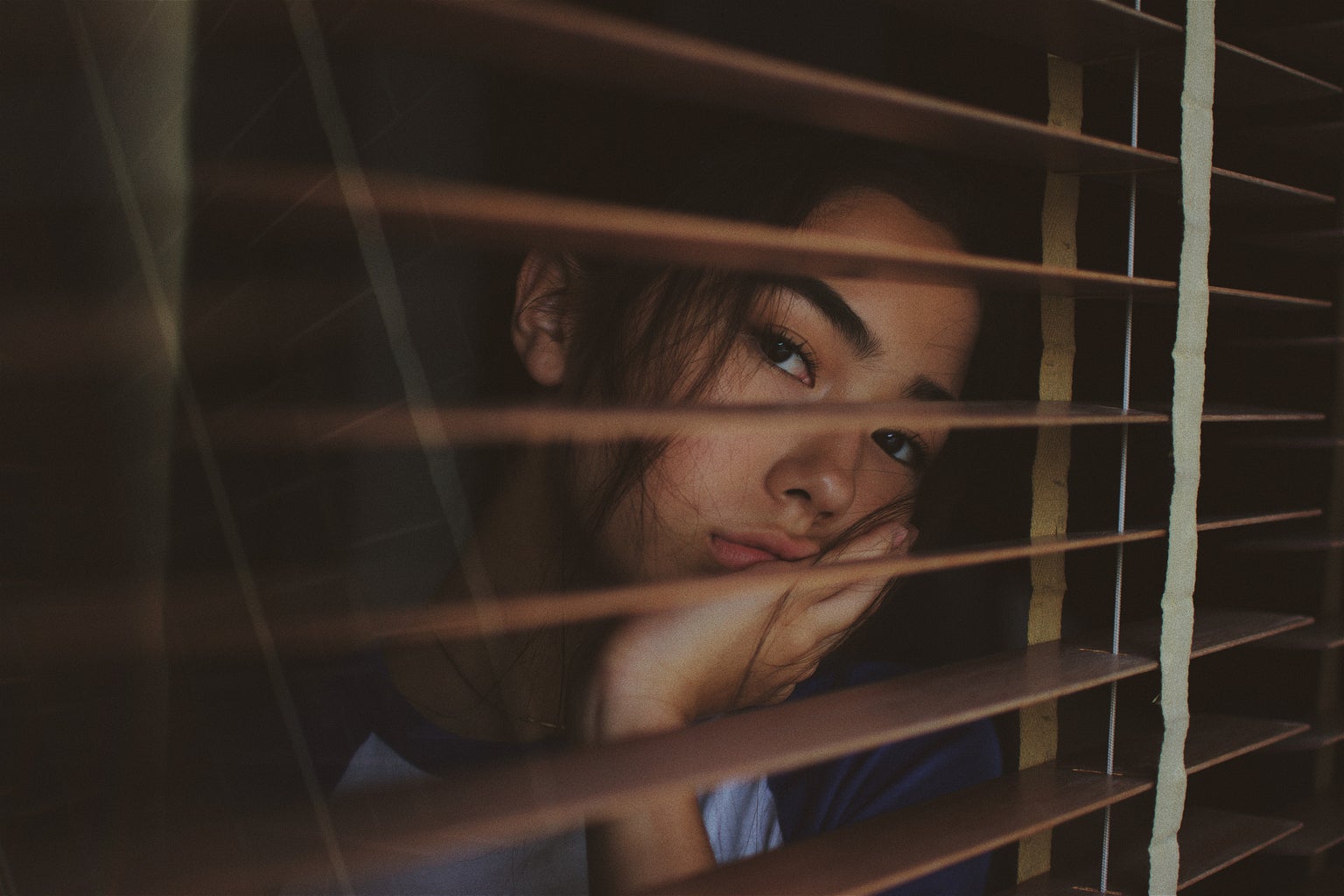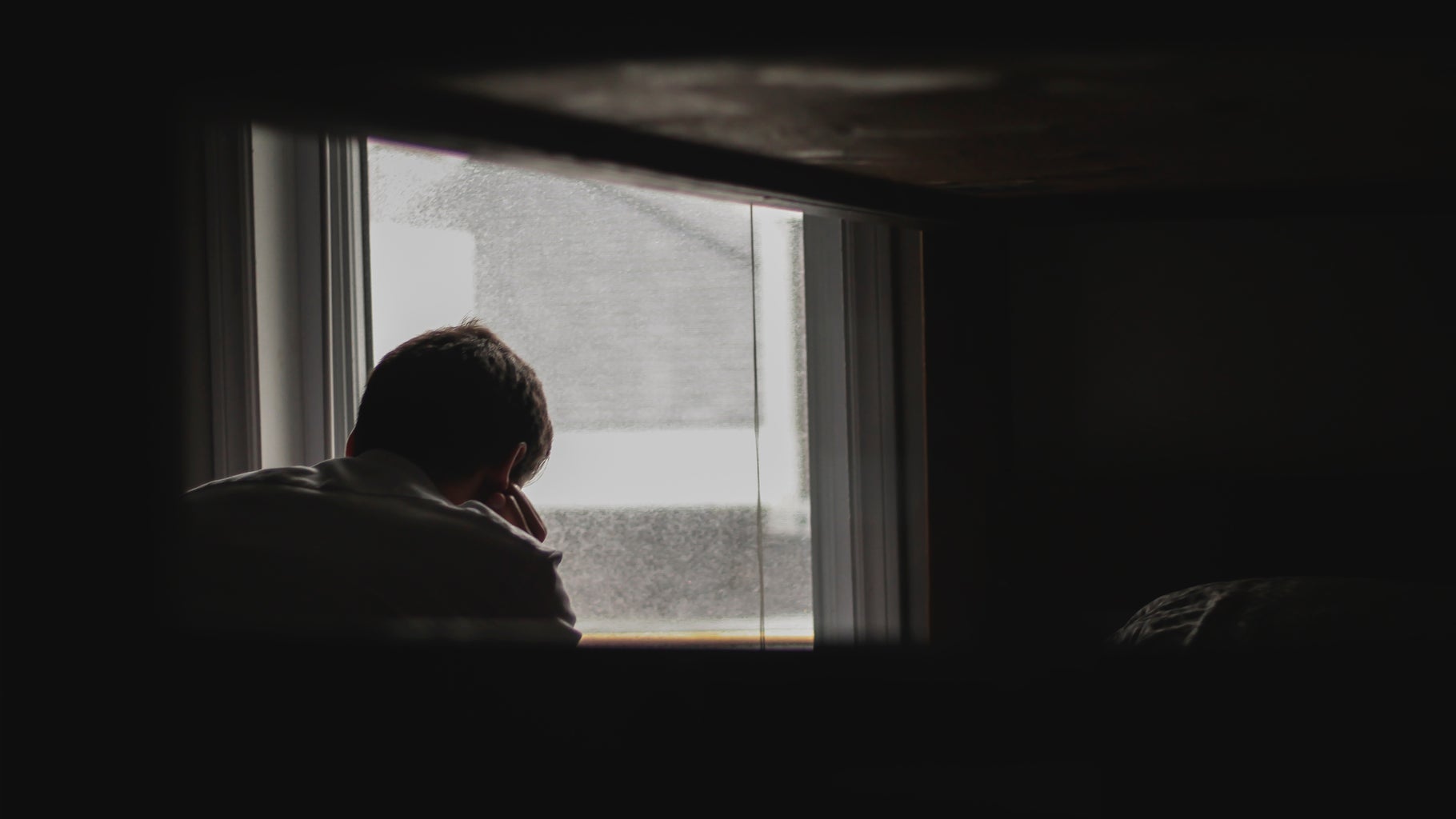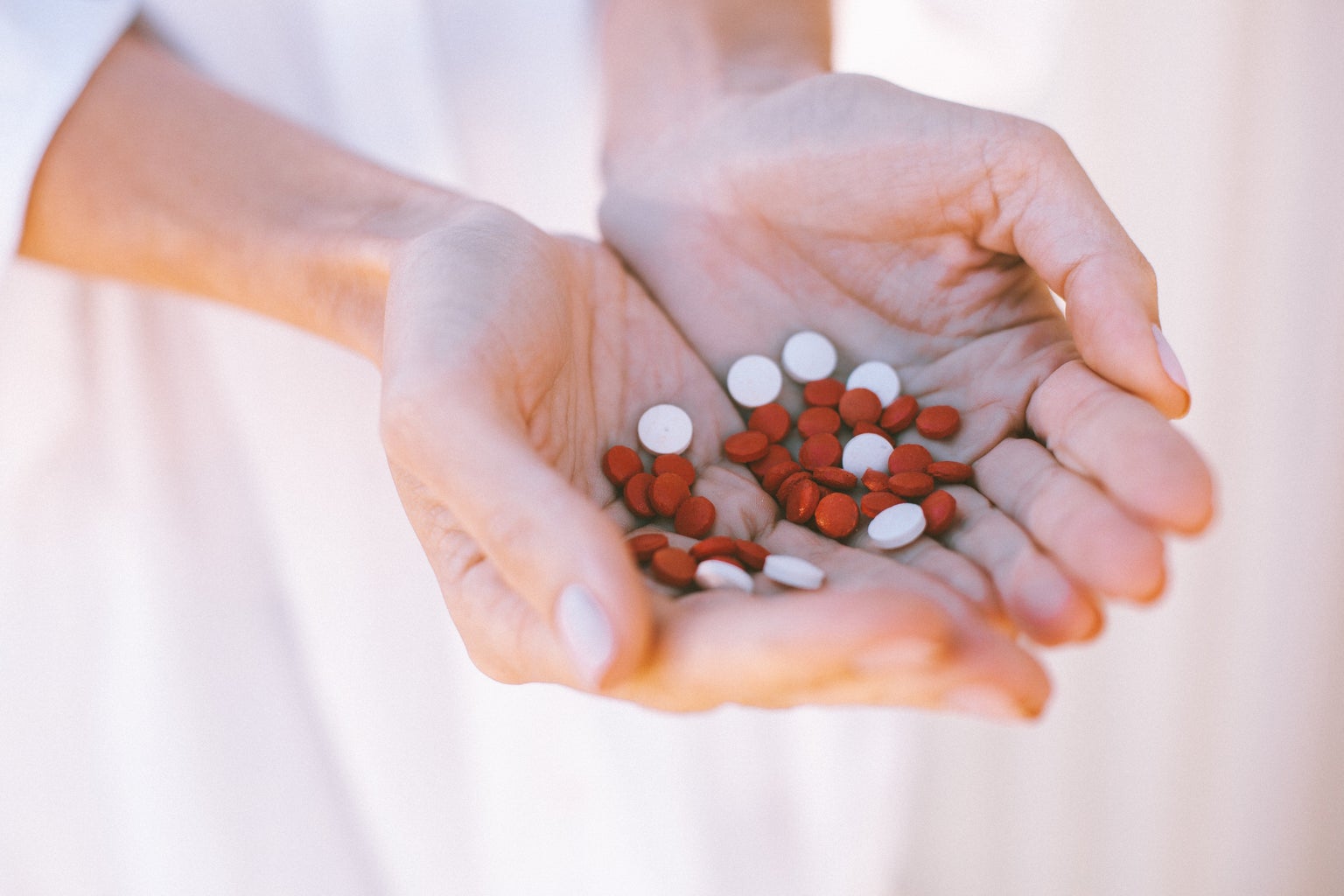As early as elementary school, my mom suspected that I had anxiety. The drive to school every morning made me sick to my stomach. Was I going to be late? Had I forgotten to do my homework? Would I get in trouble that day? My mind was consistently plagued with worrisome thoughts that I assumed every child dealt with.
In the fifth grade, my mom decided to take me to a child therapist because my anxiety had gotten worse. I was complaining about my stomach hurting almost every week. My time at the therapist’s office was comforting, although I did not exactly know why I was there. We simply talked about Harry Potter and played some games.
Then in seventh grade, I started seeing a therapist more consistently after not seeing one for two years. Therapy was a place for me to vocalize my daily stressors, and my therapist helped me come up with ways to calm myself down quickly.
Just when I thought I had my mental health issues under control, I was struck with a wave of anxiety one day in the fall of my freshman year of high school. Only this time, that wave of anxiety was accompanied by depression.
I never thought that I could get depression. I assumed that children and teens with depression had to have forgone prior trauma that would make them depressed. How could I possibly have depression when nothing significant in my life had really happened?
Depression and anxiety settled in my brain for a few weeks before I realized that neither of them were going to go away. I had stopped seeing a therapist by that point, but I felt as though I needed to go again. I thought that once I started seeing a therapist again, my mental health issues would go away. But they festered.
It felt like my emotions and personality were being erased every day. The depression was taking everything from me, and I didn’t know how to stop it. Depression is a different beast than anxiety, and it was completely foreign to me.
My academic ambitions left my body, and after the school day was over, I would lay in my bed surrounded by homework, refusing to touch it. The anxiety was screaming at me to do my homework, but the depression fused me to my bed. I stopped eating lunch at school. It was anxiety’s “turn” to control my body during the day; depression took the night shift.
Once I started going to therapy again, the sessions helped in the moment but never at home or at school. My therapist had me keep a journal in which I would mark which days of the week were good, okay, and bad. The shitty days were very prominent in that journal.
My therapist noticed that I wasn’t getting better, so she suggested that I take antidepressants. I was shocked. Did I even qualify for pills? Was I so emotionally damaged that I needed medication to help me?
She suggested Zoloft, which is a Selective Serotonin Reuptake Inhibitor (SSRI) that helps with depression and social anxiety. I started out at 25 milligrams, which is the lowest dosage that can be taken. By the time I had reached my lowest mental point, I had this new medication to save me.
It worked. I thought the pills were magic the way they made me feel better every day. Although the 25-milligram pills were working, my therapist wanted me to go up to 50, and then to 75. I was amazed at how amazing the pills made me feel. My personality and emotions returned to my body.
Even though the pills helped, they did not mean that I didn’t have any more low points. I certainly did. But Zoloft made the lows not feel so low. Eventually, I felt comfortable enough with my mental state to lower my dosage back down to 50 milligrams.
Recently, however, I have noticed the negative effects that Zoloft has. After being on antidepressants for six years, I decided to lower my dosage down to 25 milligrams, exactly where I started. I was taking 50 milligrams consistently for about three years, so this drop was bound to have an effect on me.
This past December, I finally got myself to lower my dosage. The side effects sucked: I won’t lie. I was always tired and often irritable, I got random headaches, I was always dizzy and I felt a slight lack of motivation. I cried and cried because I thought I wasn’t strong enough to get off my medication. Was my body too attached to it at this point?
I had a breakdown in the first week of the spring semester. Nothing was going right. I felt like I had lost all sense of mental control, and I desperately wanted to raise my dosage again. But I fought the urge to do so, and I tried to control my mental state and emotions without the higher dosage of medication. Luckily, my mental health overcame the struggle of not relying on as much medication as it had before.
Antidepressants are not an entirely positive experience. However, they did save me when I needed it most. They taught me how to change my way of thinking so I don’t spiral or break down. I am thankful for, yet cautious of my medication, and I appreciate all the mental help it has provided me.






